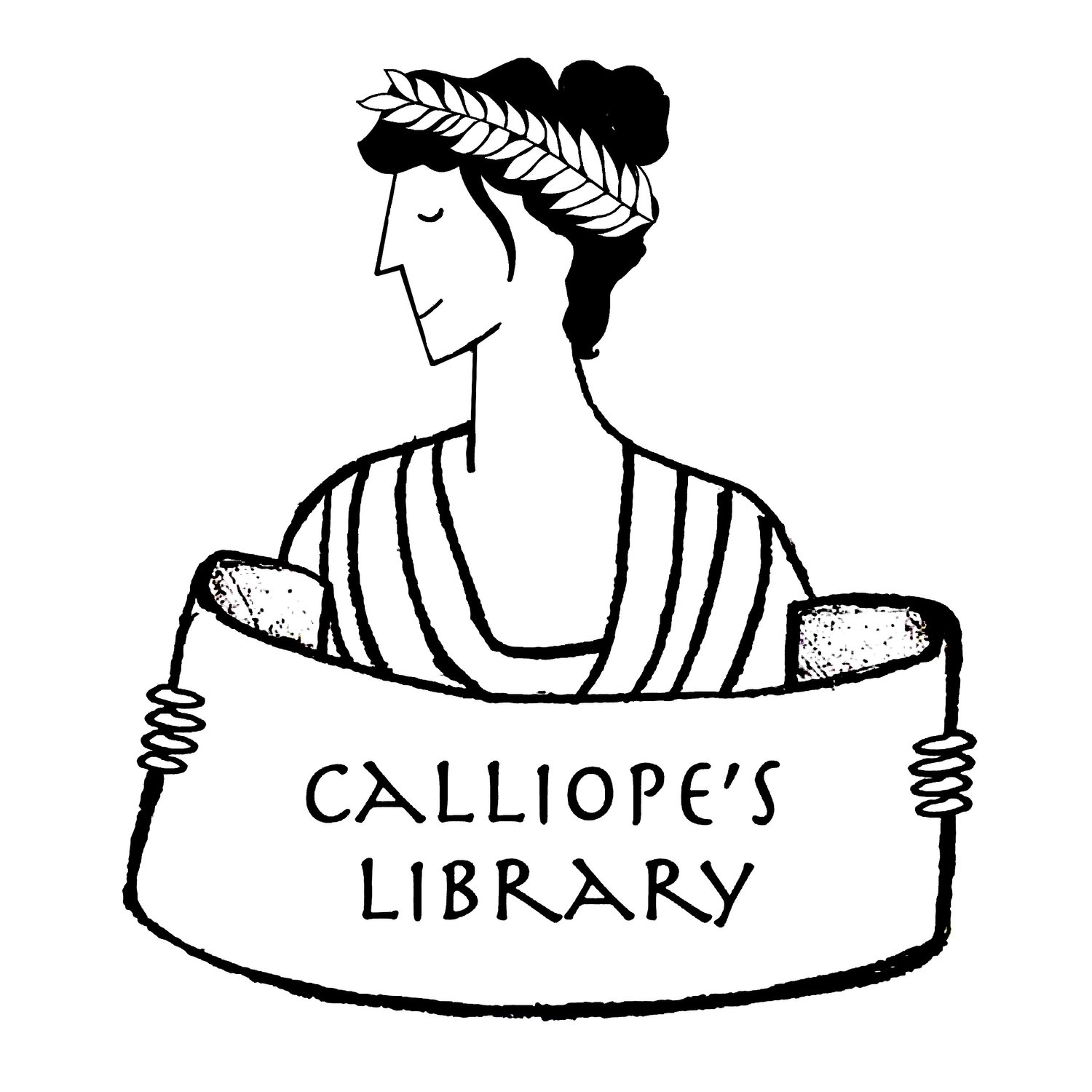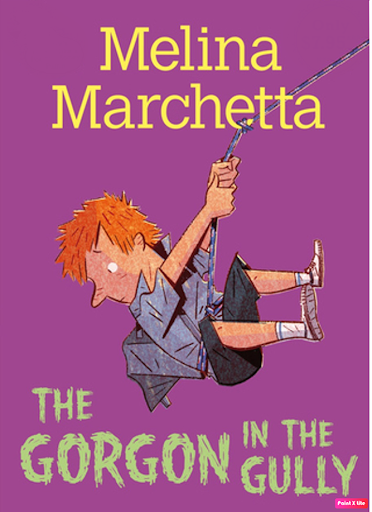Title: The Gorgon in the Gully
Author: Melina Marchetta
Date: 2010
Tags: Chapter book, Novel, Mythology, Gorgons, 21st century worlds, Racially/ethnically diverse, English
Readers interested in a scholarly approach to children’s literature may consult this title on Our Mythical Childhood Survey*
Everybody knows that there’s a Gorgon in the gully behind the ball courts at school, so when Danny Griggs accidentally sends his team’s lucky ball over the edge, everyone knows it’s gone for good. Or is it? Danny is determined to get the ball back and prove to his classmates and himself that he isn’t afraid of anything. However, he’s going to need a lot of help if he wants to get in and out of the gully alive. There is a plan…
Danny’s simple mission to retrieve a lost football (a soccer ball, to my fellow Americans) ends up being so much more. The Gorgon isn’t real, but she makes a good metaphor for facing the unknown, just like in the myth of Perseus and Medusa. Danny and his schoolmates are in Perseus’ role, but they end up turning the mirror on themselves and discovering that there’s a lot more to them, individually and as a whole, than they realized. Danny tells his story with gentle irony that keeps him from sounding like a credulous kid. His friends and classmates prove to be a great crowd that anyone would enjoy hanging out with. You can hardly blame them for getting so involved with planning the great expedition that they almost don’t get around to carrying it out.
The writing is great. Gorgon in the Gully ties into Melina Marchetta’s award-winning YA novel, On the Jellicoe Road, and it’s clear that there’s a lot going on behind the scenes. * None of that bothers Danny, though. He has his own monsters to slay. The book is set in Australia, and there is some slang that will be unfamiliar to non-Aussies, but nothing that slowed me down. It’s a charming read full of funny characters, and I’d recommend it to readers of every age.
* On the Jellicoe Road is definitely not for the same audience as Gorgon in the Gully. It deals with the boys’ abusive father who Danny doesn’t remember, so it's heavy stuff.
* For further information on the Our Mythical Childhood Survey, please refer to the website of the project “Our Mythical Childhood” [link: http://omc.obta.al.uw.edu.pl/], led by Prof. Katarzyna Marciniak at the Faculty of “Artes Liberales,” University of Warsaw, Poland, with the participation of Bar Ilan University, University of New England, University of Roehampton, University of Yaoundé 1, and other affiliated scholars, within the funding from the European Research Council (ERC) under the European Union’s Horizon 2020 Research and Innovation Programme (grant agreement No 681202).


